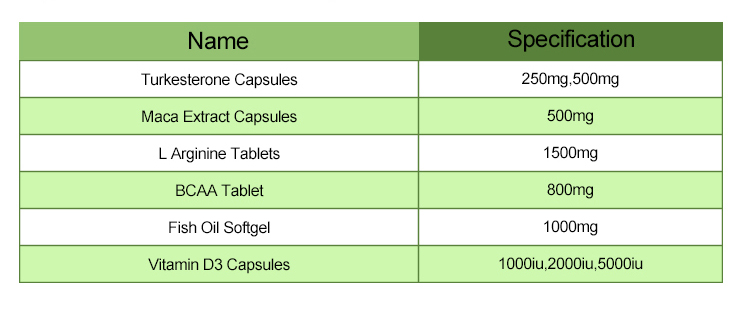L-Arginine tablets are a dietary supplement that contain the amino acid L-arginine. Amino acids are the building blocks of proteins, and L-arginine is considered a semi-essential amino acid, meaning that while the body can usually produce it, there are times when it may need to be supplemented through diet or supplements.
L-Arginine is involved in various bodily functions, including the production of nitric oxide, which helps to dilate blood vessels and improve blood flow. This is why L-arginine is often used to support cardiovascular health and athletic performance. It is also involved in the synthesis of proteins, wound healing, and immune function.
L-Arginine supplements are commonly used by athletes and individuals seeking to improve exercise performance, as well as by those looking to support cardiovascular health or manage certain medical conditions. They are available in various forms, including tablets, capsules, and powder. As with any supplement, it’s important to follow dosage recommendations and consult with a healthcare professional before starting supplementation, especially if you have any underlying health conditions or are taking medications.

How to use L-Arginine Tablets?
L-Arginine is an amino acid that is commonly used as a dietary supplement. It’s believed to have various health benefits, including improving blood flow and exercise performance, as well as supporting cardiovascular health. Here’s a general guide on how to use L-Arginine tablets:
Consult with a Healthcare Professional: Before starting any new supplement regimen, it’s important to consult with a healthcare professional, especially if you have any underlying health conditions or are taking medications.
Follow Dosage Instructions: L-Arginine supplements come in various dosages, so it’s important to follow the recommended dosage instructions provided on the product label or as directed by your healthcare provider.
Take with Water: Typically, L-Arginine tablets should be taken with a full glass of water. This helps with absorption and ensures that the tablet is properly swallowed.
Timing: The timing of when to take L-Arginine can vary depending on your specific health goals. Some people prefer to take it on an empty stomach for better absorption, while others may take it with food to minimize potential stomach upset. Additionally, some individuals take L-Arginine before exercise to potentially enhance performance and blood flow.
Consistency: For maximum effectiveness, it’s important to take L-Arginine regularly and consistently as directed. Results may not be immediate, so it’s essential to be patient and give the supplement time to work.
Monitor for Side Effects: While L-Arginine is generally considered safe for most people when taken at recommended doses, some individuals may experience side effects such as stomach discomfort, diarrhea, or allergic reactions. If you experience any adverse effects, discontinue use and consult with a healthcare professional.
Adjustment: Depending on your individual response to the supplement and any changes in your health status, your healthcare provider may recommend adjusting the dosage or discontinuing its use altogether.

Consider Interactions: L-Arginine may interact with certain medications, particularly those that lower blood pressure or affect blood clotting. Be sure to inform your healthcare provider of all medications and supplements you are taking to avoid any potential interactions.
Storage: Store L-Arginine tablets according to the instructions on the product label, typically in a cool, dry place away from direct sunlight.
Always remember that dietary supplements are meant to complement, not replace, a healthy diet and lifestyle. If you have any concerns or questions about using L-Arginine tablets, it’s best to seek guidance from a healthcare professional.
